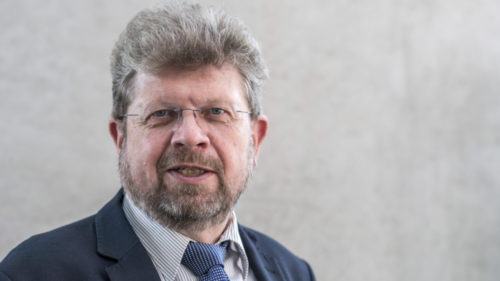Pre-existing SARS-CoV-2-specifc memory CD4+ T cells reside in the bone marrow
In a recent paper published in the Frontiers in Immunology, the research led by Jun Dong in the Radbruch lab at the DRFZ describes a ubiquitous bone marrow reservoir of pre-existing SARS-CoV-2-specific memory CD4+ T lymphocytes in unexposed individuals.
Previous work from the group had shown that the bone marrow is home to long-lived resident memory T cells, even when such cells have disappeared from the blood. The group had further demonstrated, that bone marrow resident memory CD4+ T cells can be mobilized into the blood within a day, and contribute to systemic immune reactions upon recall vaccination, and that cross-reactive memory CD4+ T cells can also be mobilized (Cendon et al). Now Jun Dongs team show, that in unexposed individuals SARS-CoV-2-specific memory CD4+ T cells of the bone marrow are as frequent as those specific for CMV, even when such cells are not detectable in the blood. Bone marrow SARS-CoV-2-specific memory CD4+ T cells are polyfunctional, with the phenotype of central memory T cells, and about 30% of them express CD69. Such cells are also abundant in vaccinated individuals.
These findings demonstrate for the first time that bone marrow resident, cross-reactive memory T cells may play an important role in shaping the systemic immune responses to SARS-CoV-2 and the vaccines.


 Deutsch
Deutsch
